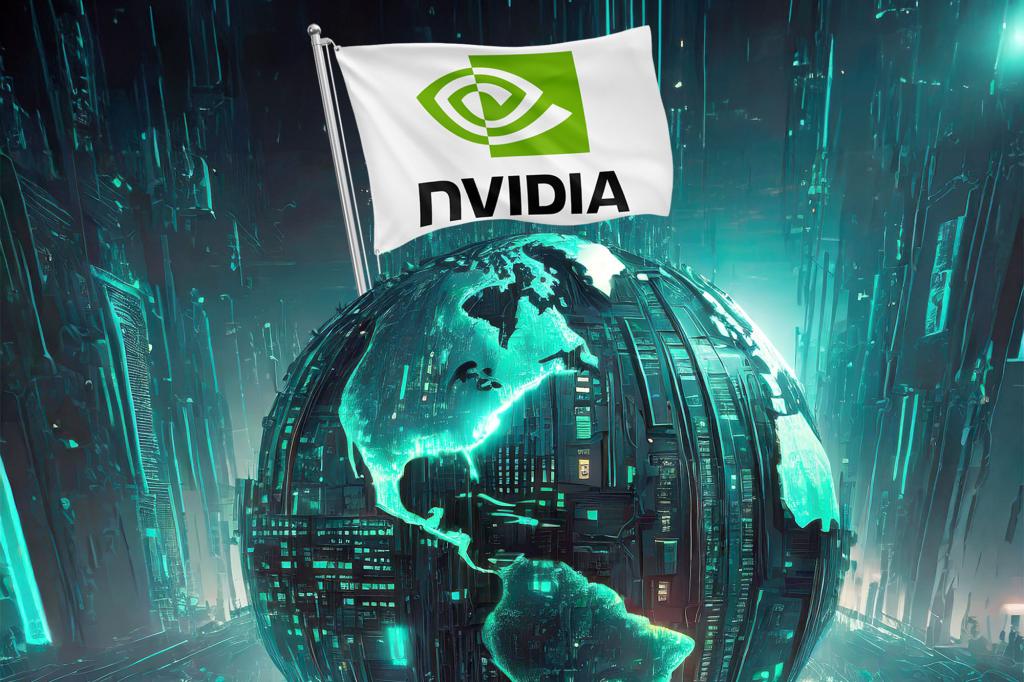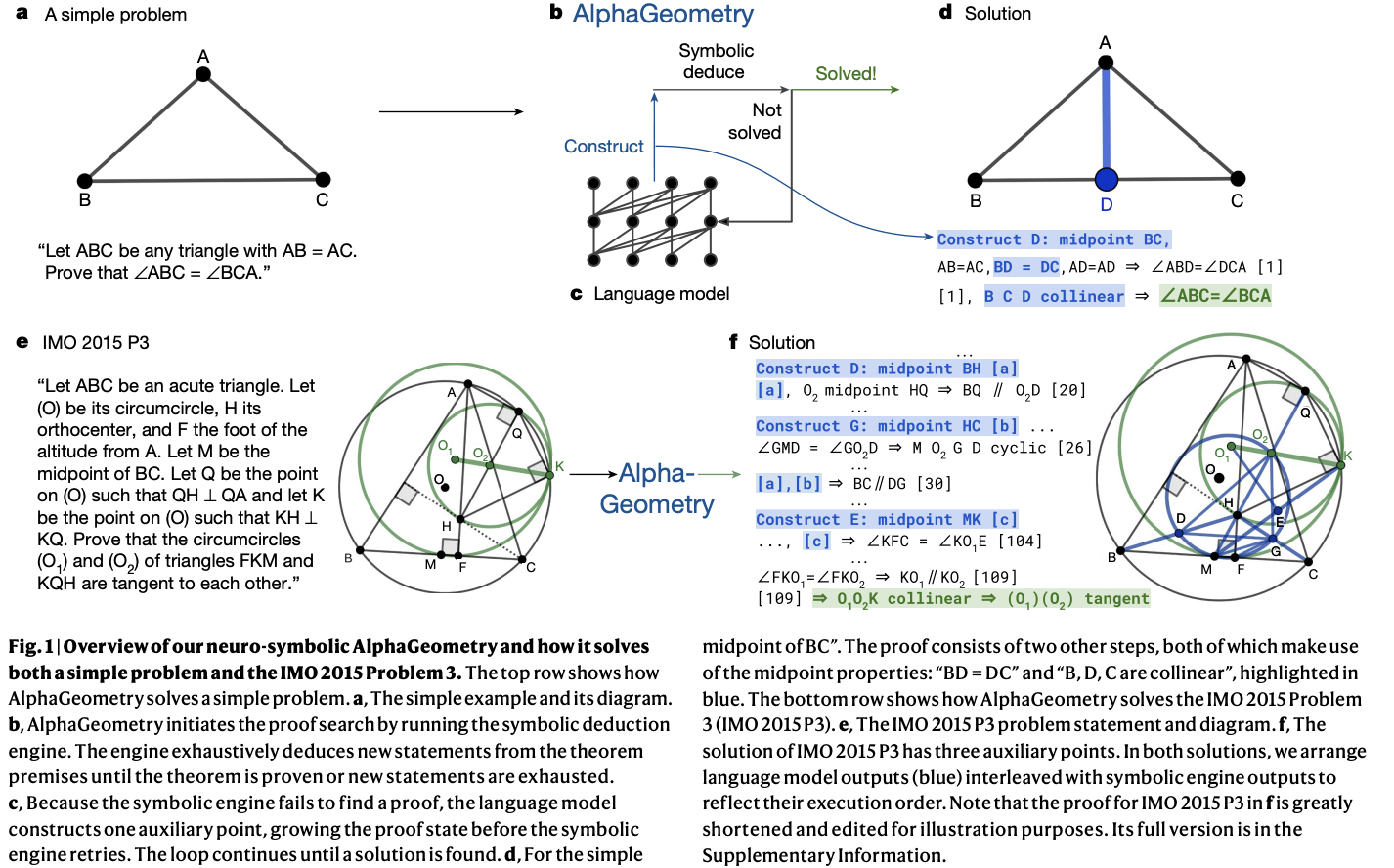Microsoft has regained its position as the world’s most valuable company by market capitalization at the beginning of the year, surpassing its tech competitor Apple, attributed to its investments in artificial intelligence (AI) and an array of business-to-consumer (B2C) and business-to-business (B2B) brands that are reshaping people’s perceptions.
With a market cap reaching a new pinnacle of \(2.887 trillion, Microsoft now leads, with Apple following closely at \)2.875 trillion. Apple had reached a record market cap of $3.081 trillion in December but has since been overtaken by Microsoft, primarily due to the latter’s strategic investments in AI technologies and the increasing demand for its Azure cloud computing service.
Graham Staplehurst, the director for Kantar BrandZ Thought Leadership, emphasized the significance of consumer and investor perceptions in determining market cap values. He noted that Microsoft has effectively catered to both consumer and investor sentiments, with its investments in OpenAI and ChatGPT proving particularly successful in enhancing its brand positioning among consumers.
The financial success of Microsoft is intricately linked to its marketing strategies, as highlighted by Greg Silverman, the global director of brand economics at Interbrand. Despite Microsoft’s current lead, Silverman suggests that Apple may not remain behind for long, citing factors such as slowing revenue growth, patent issues, and legal proceedings impacting Apple’s investor confidence.
Chris Capossela, Microsoft’s former chief marketing officer, stepped down at the end of 2023, paving the way for Yusuf Mehdi to assume the role of executive vice president and consumer chief marketing officer. Mehdi’s responsibilities include overseeing end-user experiences and promoting AI-powered services like Microsoft Copilot. The company’s strategic shifts under Mehdi’s leadership reflect a proactive approach to embracing AI advancements in the competitive tech landscape.
Microsoft’s proactive stance towards innovation and adaptation in the era of AI is further exemplified by Takeshi Numoto, the executive vice president and CMO, who emphasizes breakthrough technologies’ impact on people’s lives to enhance Microsoft’s appeal and desirability.
Traci Smith, the senior vice president and client partner for North America insights at Kantar, lauds Microsoft’s strong brand value driven by its leadership in AI adoption and integration across its product suite. The company’s emphasis on AI capabilities is also reflected in its advertising campaigns aimed at showcasing the transformative role of AI in enhancing creativity and personal experiences.
Microsoft’s resurgence in brand value is underscored by its return to the top three most valuable brands globally, as per Kantar’s BrandZ list, and its significant growth in brand value as reported by Interbrand and Brand Finance. The company’s ownership of diverse B2B and B2C brands like Xbox, LinkedIn, and Minecraft, alongside recent acquisitions such as Activision Blizzard, contributes to its overall brand strength and market positioning.
Despite its current success, the challenge for established brands like Microsoft lies in sustaining relevance and fostering continuous innovation to stay ahead of disruptors in the market. Staplehurst from Kantar highlights the importance of maintaining momentum through innovation, with technologies like ChatGPT poised to further bolster Microsoft’s competitive edge and market leadership.










